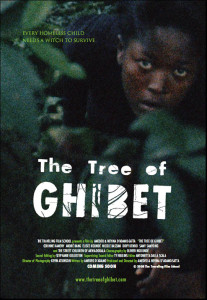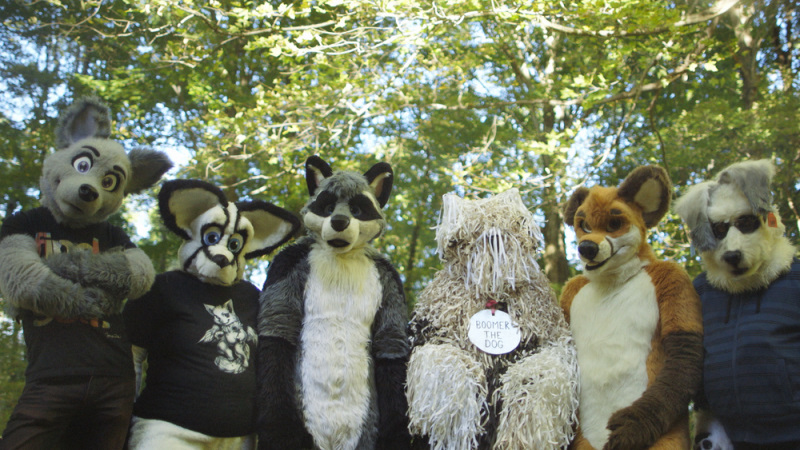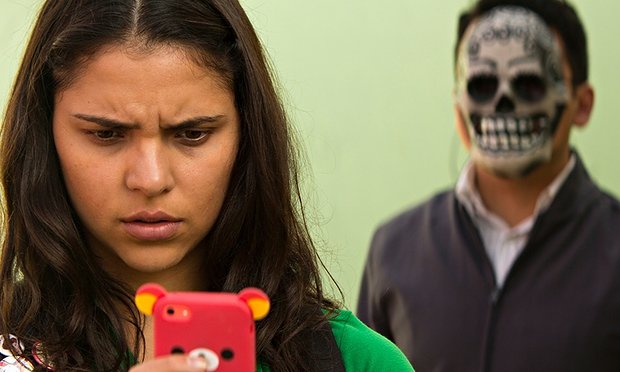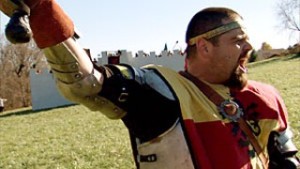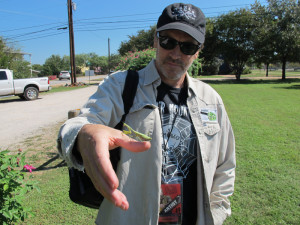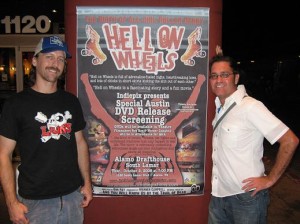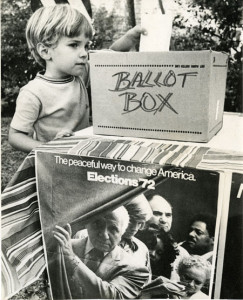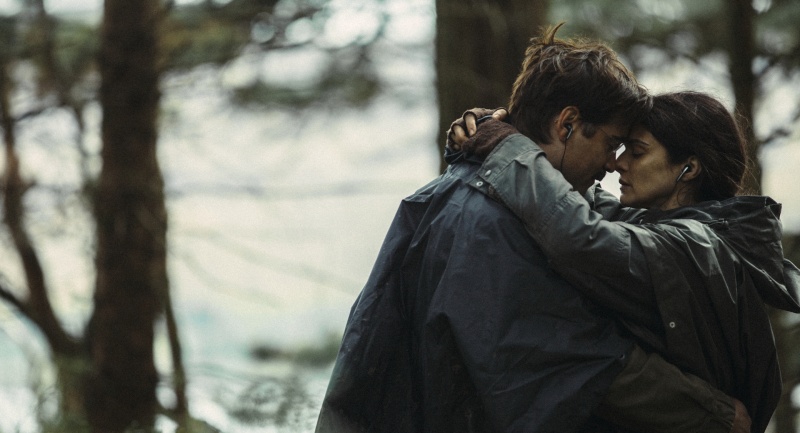
Yorgos Lanthimos is arguably the most important and well-known modern Greek director. His Oscar-nominated Dogtooth is a hideous and hilarious dark parable about families, and its follow-up, Alps, further refined his highly stylized but heartfelt insights into how humans deal with life events – in this case, the grief of loss. His latest, the deeply surrealist but still thoughtful The Lobster, casts Colin Farrell as a man with 45 days to find true love – or be turned into an animal.
It sounds like a fairytale, but Lanthimos digs deep into what it is to be single and in a relationship, and the pressures that we place on ourselves, and that society places upon us.
It’s also Lanthimos’ first English-language film: with the nascent modern Greek film industry caught up in the economic slaughter that has hit the country, he found international funding and shot the movie in Ireland.
(Parts of this interview previously appeared at www.austinchronicle.com)
RW: Who was the first person you cast?
Yorgos Lanthimos: That must have been Colin. It was very early on that I had discussions with Rachel Weisz, because we had met before I had even finished the screenplay. She had seen my work, and she reached out, and we met, and we both conveyed how much we liked each other’s work, and were thinking of working together. She was one of the first people that actually read the screenplay, but it took some time for it to work out for her to be in the cast. So first was Colin, and then it was Rachel.
Continue reading Interview: Yorgos Lanthimos on The Lobster (2016)
